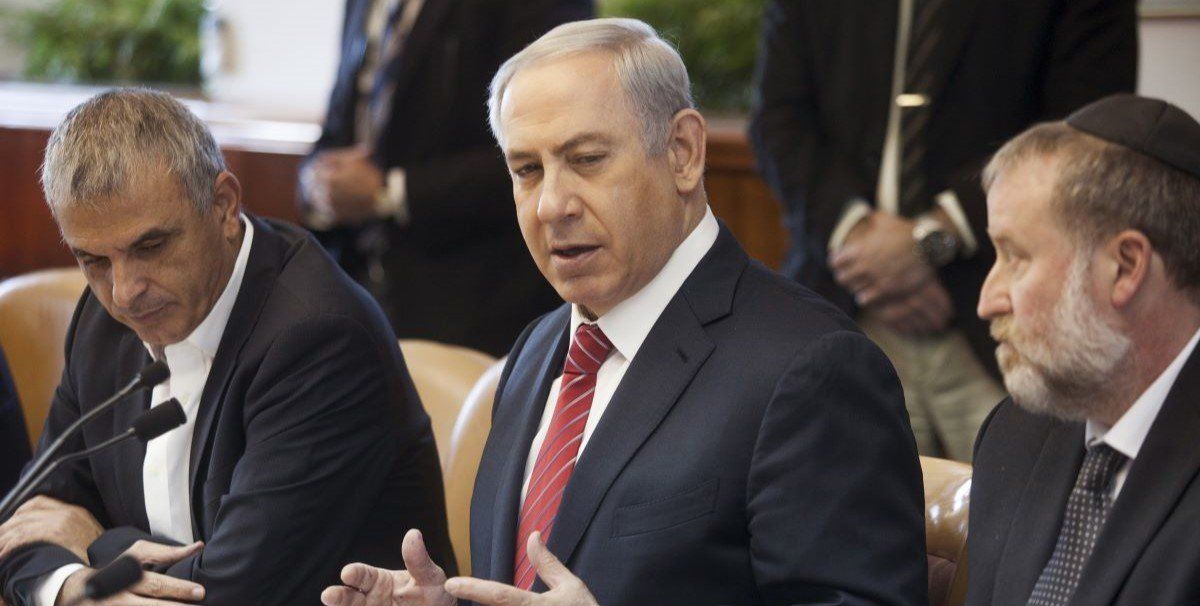Prime Minister Benjamin Netanyahu’s office confirmed on Friday that a Gaza ceasefire deal has been finalized following a “last-minute crisis," and the security cabinet is meeting now to ratify the agreement. Israeli warplanes, meanwhile, carried out dozens of missions in the Gaza Strip on Thursday that left at least 86 dead and dampened the jubilation many Palestinians felt when the ceasefire agreement was first announced.
What was the holdup? Two disagreements with Hamas supposedly caused the delay: One over the precise locations from which Israeli troops would withdraw and another over the identities of hostages due to be exchanged.
Hardliners in the cabinet, including Finance Minister Bezalel Smotrich and National Security Minister Itamar Ben-Gvir, are expected to vote against the ceasefire but look unlikely to be able to stop it. US Secretary of State Antony Blinken said Thursday he still expects the fighting to stop as scheduled on Sunday. On Friday, the names of the 33 hostages to be released in the first phase were published, with the prime ministers office saying that they could begin being freed as early as Sunday, once the deal is ratified.
Will the deal hold up? For the first phase, lasting 42 days, the incentives seem well enough aligned to keep either side from breaching the peace. Hamas needs time to reorganize and rearm, which it can achieve by releasing the 33 hostages it has promised throughout the first phase. Netanyahu, for his part, wants to deliver those hostages for voters — but after that phase is over, prospects dim.
The putative second and third phases of the ceasefire deal will need to be hashed out while the first is in progress, and the Israeli far right is eager to return to fighting. Ben-Gvir has threatened to resign if the deal goes through, and Smotrich has said he will withdraw if the ceasefire continues beyond the first phase. If they both leave, this could risk the collapse of Netanyahu's government.
“At the end of the first phase of the ceasefire, Netanyahu could face a dilemma in which he is forced to choose between holding his coalition together or maintaining the ceasefire to get more hostages released,” says Farzan Sabet, a Middle East consultant at Eurasia Group. Meanwhile, the Israeli leader would be “under pressure from much of the rest of the Israeli opposition and the public as well as incoming US President Donald Trump.”
How is the wider world reacting? Russia and China’s foreign ministries expressed hope that the ceasefire deal would lead to long-term peace, while British PM Keir Starmer described the deal as “very welcome.” Japan and South Korea both urged a swift implementation of the deal as well, while France’s Emmanuel Macron and Germany’s Olaf Scholz specifically urged Hamas to release hostages.
